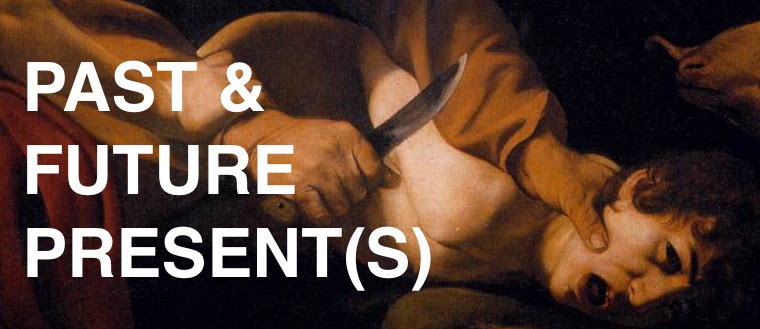The Gaza-born writer and activist Mu’in Bseiso (1926-1984) is best known for his many volumes of poetry. His lesser known but also voluminous memoirs, plays, and essays share this political bent along with a propensity for allegory and a biting wit. The curious piece below—which summons, through a white man's novel, the foil of Native Americans to condemn the inaction of Arabs—comes from a 1972 collection of his literary essays. Throughout, Bseiso uses the Arabic term "al-Hindi al-Ahmar" or "the Red Indian." Despite the problems with this term, I have elected to stay true to Bseiso's Arabic, although today even in Arabic "al-Amerikan al-Asliyeen" or "the Original Americans" is sometimes used.
°°°°
 |
| Left: Heard Museum, Phoenix. Right: Dar al-Nimr, Beirut |
The Bottle of Milk and the Newspaper
The most honest literary account of the extermination of an entire race is a novel written by the American Howard Fast about the physical liquidation of the Red Indians, The Last Frontier [1941]. In it, the shadow of bullets chases the Red Indians who fall from their naked horses with their feathered warbonnets. No one escapes the massacre except for one Red Indian who reaches the frontier injured, spiritless, with hardly a breath left. But this story does not end with the final Red Indian reaching the frontier, it extends deeply into into last third of the twentieth century, when we now only see Red Indians in America’s museums, their garb exhibited.
In the end of Fast's novel, that wounded, last surviving Red Indian was given to the United States of America. Perhaps the best doctor treated his injuries. Perhaps they offered him a home for himself. Perhaps, one way or another, they found for him the last Indian woman too, and they married. Thus they preserved that species from extinction. Then of course they introduced laws banning the hunting of Red Indians—fearing the extinction of the species—in the same way they’ve introduced laws banning the hunting of endangered animals… fear of extinction?!!
Howard Fast, if he lived today [Fast was alive... he died in 2003] and made some edits to the margins of his old novel, and released it in a new edition, he wouldn’t be wrong to title it: The Last Frontier for the Last Palestinian instead of The Last Frontier. If he changed the Indians' names and wrote in their place Palestinian names, and changed the names of cities, the Palestinian novel would not be so different from the old American novel about the Indians. The pursuit is the same pursuit, and the determination to exterminate is the same determination to exterminate, and the silence heavy artillery makes would be the same. But, will the last Palestinian reach the last frontier? Will he have the same opportunity as the last Indian? Will the Arabs—with the same shrewdness and cleverness of the Americans who treated their final Indian, and surrounded him with all their care—keep the species from extermination? It is wrong in this century, to keep our Arab museums empty of the Palestinian species in the same way as the Americans, but rather we should draw on their example and bring Palestinians into every field of our production. Use Palestinians in our artistic and literary lives etc. Represent Palestinians in the cinema and television and short stories and novels and plays and painting. It’s best to just consume the greatest tragedy of this era from the comfort of our homes where at our doors every morning a bottle of milk and the newspaper sit, and we have the capacity after all this to look at ourselves in the mirror without shame!
Translated into English by Esmat Elhalaby from the original Arabic in: Mu’in Bseiso, Adab al-Qafz bi-al-Mizallat (Cairo: Dar al-Hilal, 1972)

nice costume
ReplyDeletePoker 99
Pasti Poker 99
Poker99
PastiPoker 99